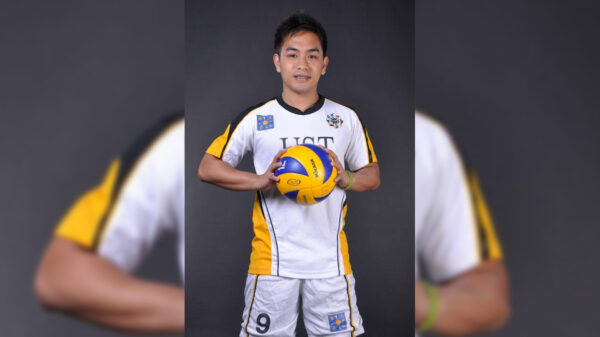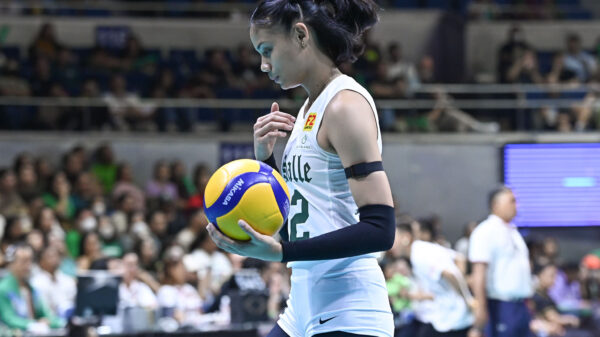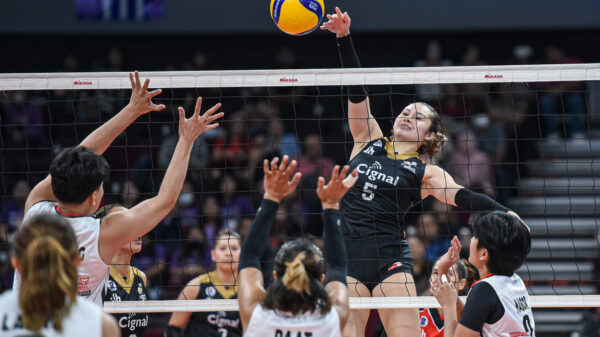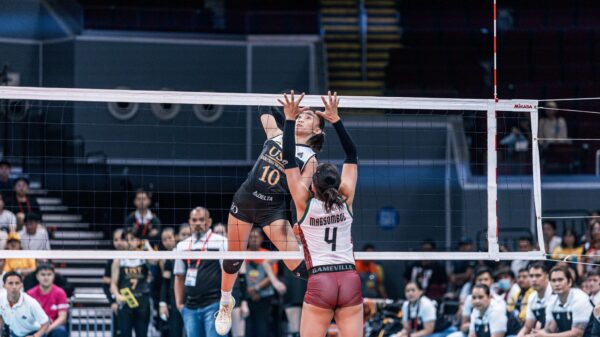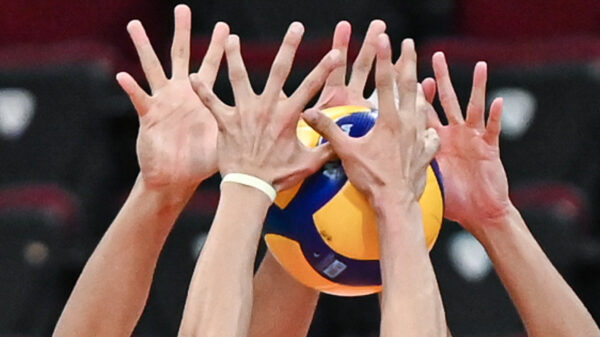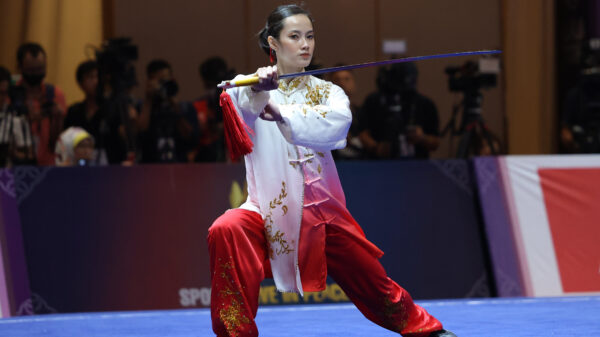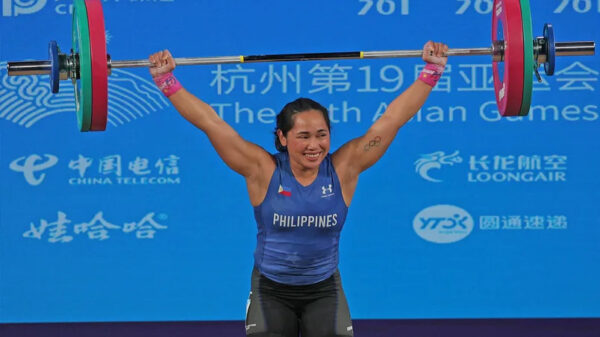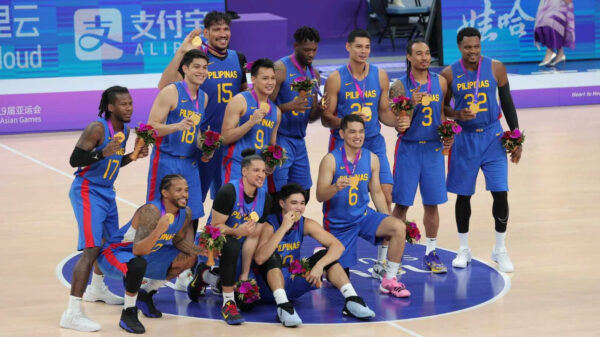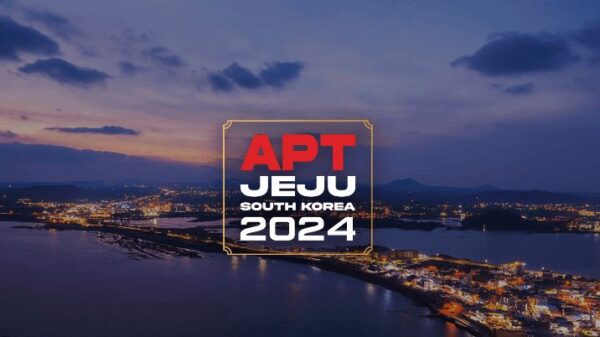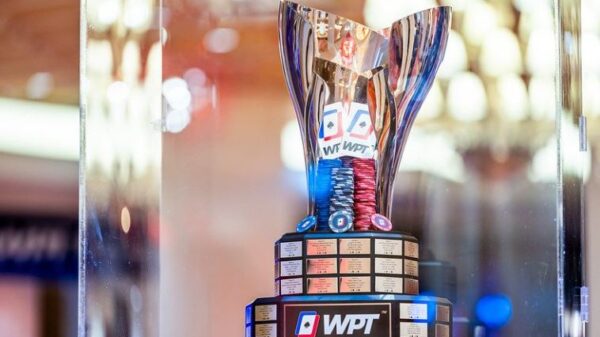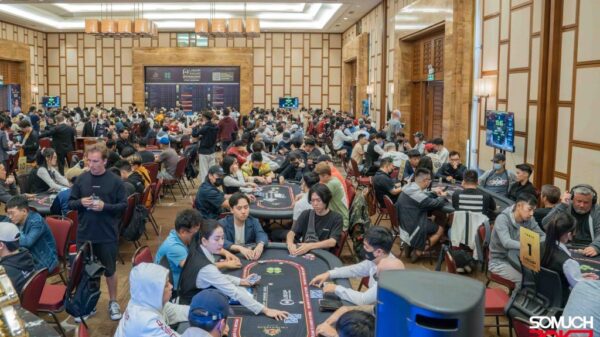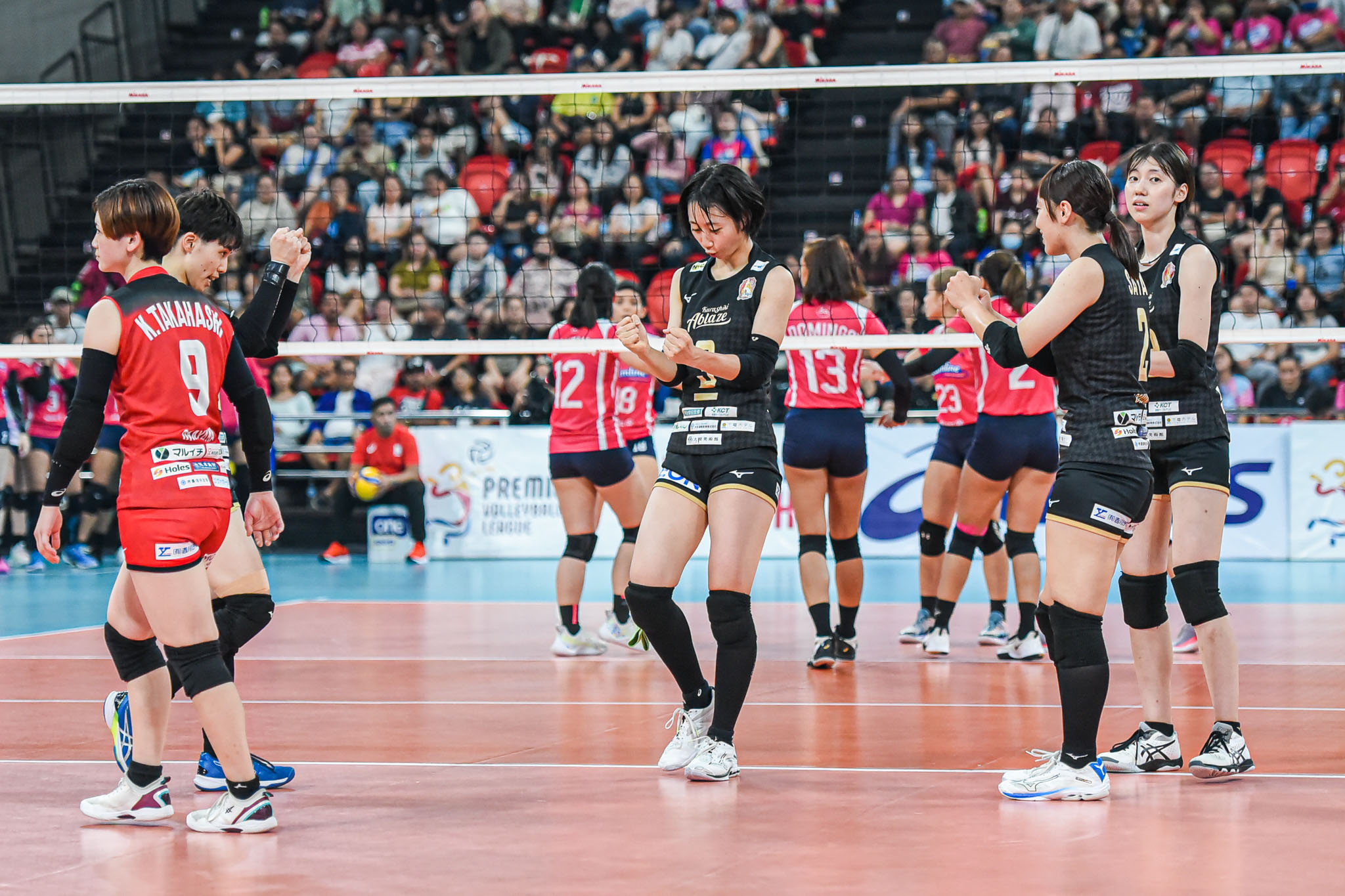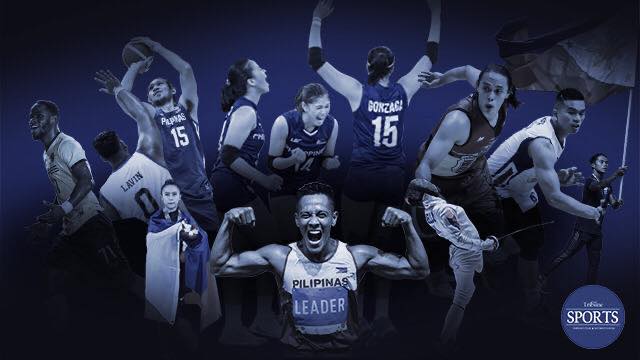Technology has played a big role in the Premier Volleyball League’s goal to elevate the sport in the local scene.
Adhering to international standards, the league rolled out the use of the video challenge system last year to enhance the game’s officiating and ensure that calls will be fair and transparent.
PVL introduced the system during the 2022 Reinforced Conference and has been a game-changer in the country’s first and only women’s professional club league in the country.
“Actually, the video challenge that has been used by the league this past two years has improved a lot in volleyball, especially in officiating,” tournament director Tony Boy Liao said.
Introduced in 2012 by the Fédération Internationale de Volleyball, the video challenge gives coaches a chance to call for a review to verify a referee’s decision on a certain action.
It adds more thrill to the game as both players and spectators share the excitement of watching on the big screen if the challenge would be successful or not.
“It not only helps our referees (make the right call) but also gives spectators a chance to see how outcomes are decided per action because of the video challenge. We have a big screen to display what was being challenged and if the referees got the wrong or right call,” Liao, who also serves as chairman of the Philippine National Volleyball Federation national team committee, added.
PVL rule gives each of the opposing coaches two challenges per set. However, coaches cannot call any more reviews after two unsuccessful challenges.
The use of the challenge system proved very crucial for the sport where every single point counts. Games have been won and lost through decisive video challenges.
Liao said that member clubs have given positive reactions to the use of the innovation.
“They are happy now because making decisions on challenges is faster now. It’s faster and at the same time fair,” he said.
The league uses the standard 21-camera set-up for the system operated by a two-man crew with three trained referees rotating as video challenge officials.
Liao added that the league also constantly updates and further develops its challenge system. PVL is also making sure that the skills of its operators are at par with international standards.
“January this year we had a refresher referee course with an AVC (Asian Volleyball Confederation) and FIVB referee from Thailand for our PNVF referees and at the same time he also conducted a course on the operation of the video challenge,” Liao shared.
“He also taught PNVF referees how to look at the video challenge and how to properly review the screen.”
But of course, the video challenge technology is not foolproof.
“In the video challenge, there are situations that are sometimes difficult to call, that’s why referees decide to just have (the point) replayed in case of an inconclusive review,” Liao said.
Liao also admitted that coaches also take advantage of calling challenges.
“It drags the game a bit longer because coaches sometimes use it even if the calls are too obvious,” he quipped.
“Maybe it’s a tactic to gain momentum or kill the other side’s momentum. We understand that. Coaches do take advantage of that.”
Overall, Liao underscored that the use of technology adds flavor to the action-packed spectator sport.
“It is always for the better. Again, it is really for the good of the sport.”

